Reflections on Subculture: NeoAncients
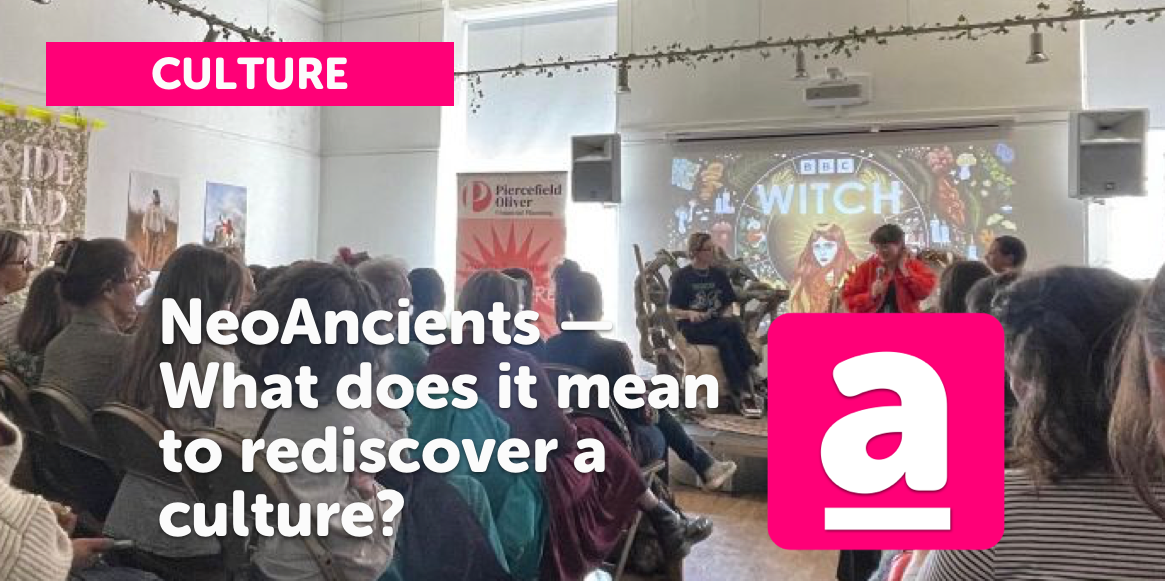
What does it mean to Rediscover a Culture?
by Roma Robinson | The RYSE
THIS IS THE CORE QUESTION ASKED by Stephen Cracknell, founding member of The Memory Band, in his talk "Circuitous Routes" on Sunday 5th of May at Sound Records in Stroud.
The little room is packed full, the bohemian recycled scaffolding shelves laid heavy with vinyls are pushed to the side of the room and a neon sign behind the counter backlights everything blue.

I slip through the doorway, 5 minutes late and barely able to open the door without crushing the person caught behind it.
Causing as little disruption as I can manage, I pull out my notebook and tune into the conversation happening at the front of the packed room.
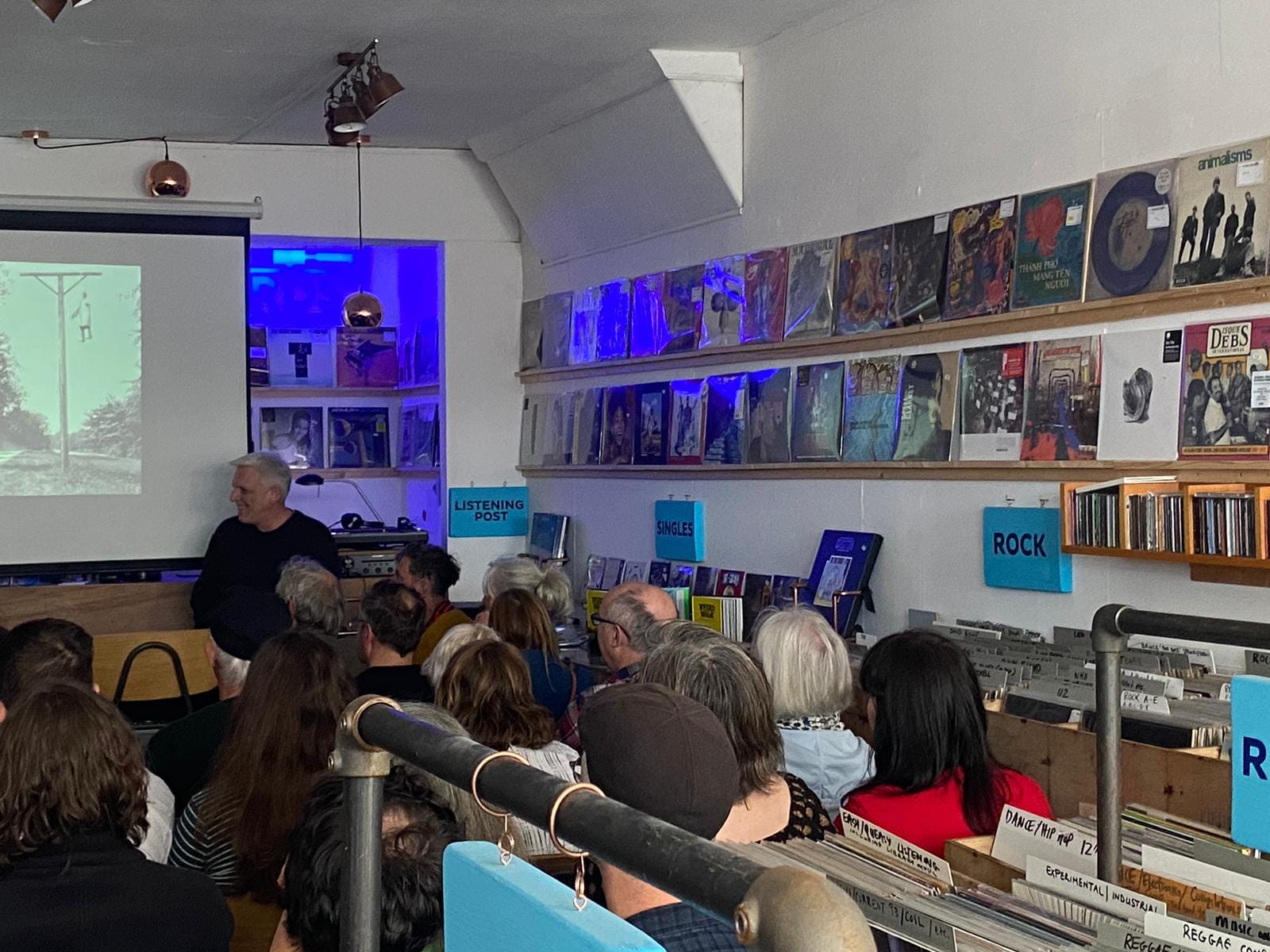
It’s the final day of the Subculture festival hosted by Popup Stroud - this year’s theme: “Neo-Ancients”.
Stephen suggests that a way to do this is to actually walk: to rediscover old thoroughfares and routes that are practically being enclosed on right now and walk them.

“Many folk traditions in the UK, even if we aren’t familiar with them, are the remnants of a battle that was fought and won by the people”, he says, referencing the traditions like coppicing in the Forest of Dean.

This echoes a very live conversation right now, locally and nationally (and, if you draw it to an inevitable conclusion, internationality) - spearheaded by the Land Workers Alliance and Right to Roam (and internationally, movements like Land Back), the increasing belief in our right to a connection to nature.
You can view more photos from the weekend here

Good on Paper has published a photojournal of the weekend
A quick wander round the high street of Stroud tells us exactly why this festival was held here - this town is a hub of “neo-ancient activity”.
There is a goddess temple tucked away on London Road, the hills are scattered with Round Houses and Sacred spaces and any notice board will have something advertising foraging classes, community farms, and organic veg.
It is also a conversation that, like everything, has its shadow. Within Stroud there is a class divide, underacknowledged cultural appropriation, hyper-individualist conspiracy logic and nostalgia tinted conservatism /traditionalism that easily develops into something far more sinister.
None of this condemns the NeoAncient project! But as we tread forward together into this mystical past it would do to be aware of how this human urge to look back can be manipulated against us and used for harm rather than good.
So holding all of this context, Subcultures: NeoAncients opened its doors with an invocation - a tribute to our ancestors who tended this earth generations before we were born, our waterways and our goddesses that still sleep under the earth. It is led by poets Adam Horovitz and JLM Morton and accompanied by woodwind from Chris Cundy and electronica from Sean Roe.
With the air of a spell cast on the gathering - the festival begins.
In the indigenous Ghanaian language Twi, they have an expression “Sankofa” - meaning “Go back and get.” It is an expression against arrogance and a commitment to learning from the past in a context where British colonisation meant that the lessons and stories of the past were silenced and erased.
For Afrikans in the diaspora, regaining connection to their ancestry and home, it is an expression of great meaning.
The conversations about decolonisation and what that means for us in the UK are hard to escape in radical circles at the moment and this is very much a good thing.
A resurgence of decolonial action is being taken across the world from the Land Back movement in North America, to the revolutionary governments of the Alliance of Sahelian States and the calls for divestment from the Israeli war machine from many universities and other institutions.
Our leaders will try and convince us that the people standing up for their sovereignty are our enemies and we must not believe them - this is how white supremacy has operated for far too long.
We have been convinced that we have more in common with the private school boys running the country than we do with the student that works the same job as us, the mother that only wants to feed her children and the people who want to be able to live in peace on their land.
Learning the practical, causal and parallel links between how imperialism functions abroad, and how that same system functions at home - we can find common cause and common identity.
Another similarity between the treatment of working class folk culture and peoples here with those that the British state colonised is the erasure of any locally unique culture in service of pulling us into white supremacist culture that tells us we are the decendents of Rome and Greece.
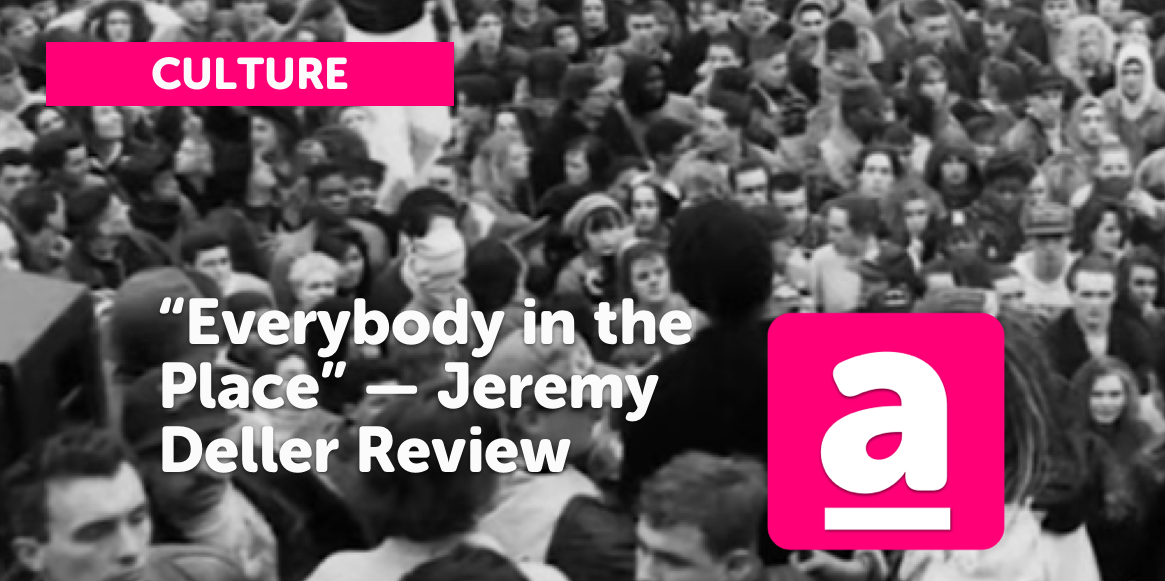
Of course in our case it was this erasure that allowed us to buy into the imperialist project - power in return for monoculture.
Folk, in essence, is a connection between the culture and the people, it is very relational. A lot of the recent folk revival happened over the covid lockdowns, when we were isolated from each other and many of our usual cultural practices. So we looked for belonging.
This makes perfect sense, of course we wanted to be reminded of each other, the past, connection!
Modern witchcraft has taken off among the young, who were isolated from peers and the usual structures of schooling that kept them busy and incurious about the natural world.
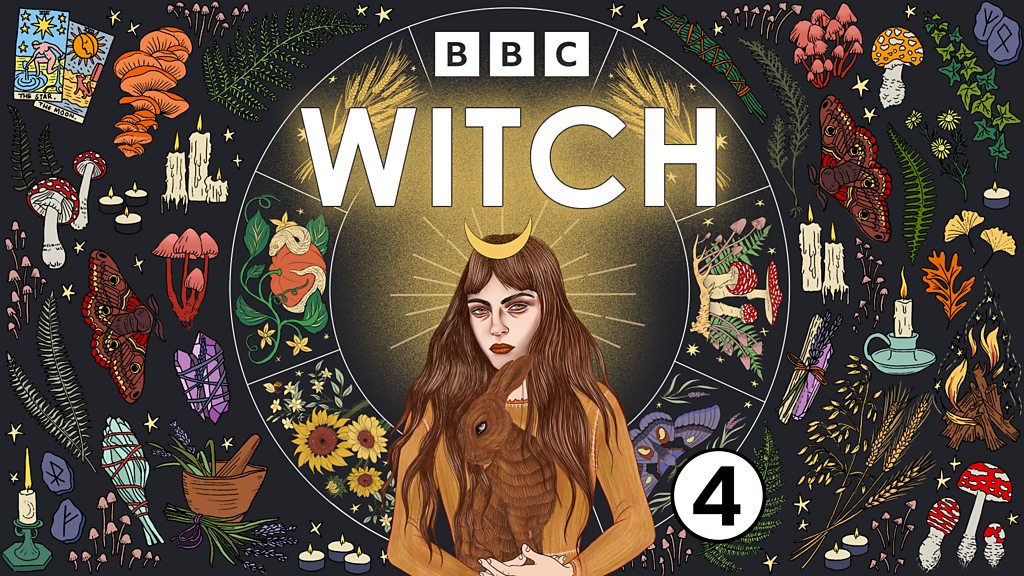
Practices like these, and modern druidry as well, have communal rituals. This was fully on display in the opening invocation of the festival.
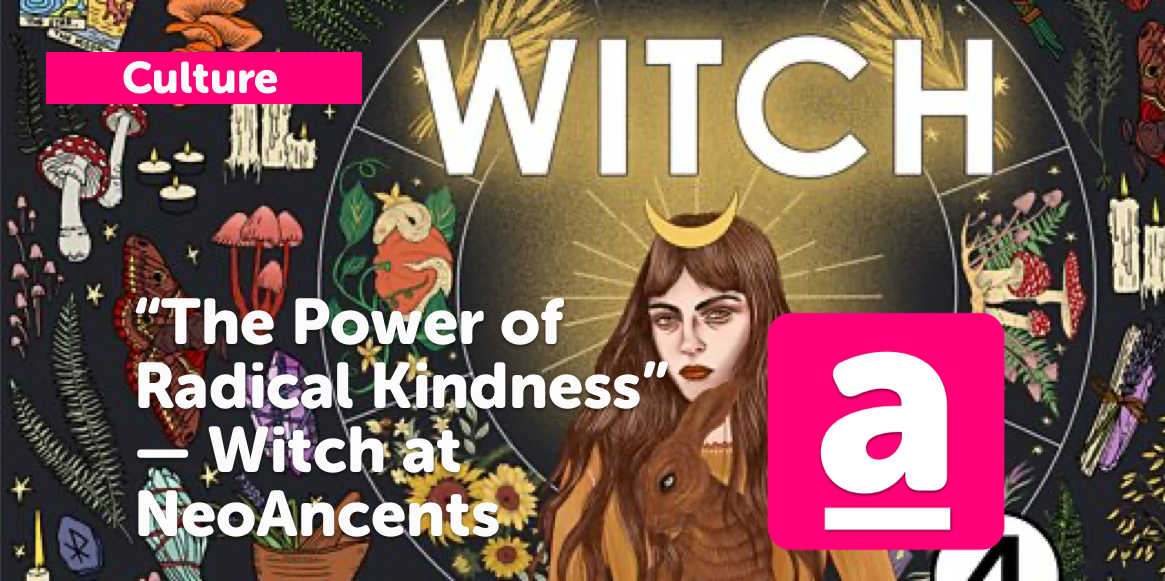
Ritual in many cultures, past and present serves a social function against isolation and as a moment to solidify collective identity.
Through the enlightenment, the rational push and the turning of life into the capacity to work (see; Caliban and the Witch and other work by Silvia Federici) we have lost this feeling - we are expected to be work machines not humans.

It is not only to each other that we are losing connection — it is to the natural world and the land as well. Many neo-ancient practices — from witchcraft and druidry to rambling and trespass — involve some kind of connection to nature and engagement with the land and so we can see how again this resurgence is being used to heal that divide.
They encourage us to disconnect a little more from the grinding culture of capitalism and understand ourselves as animals, not machines.
Campaigns like Right to Roam and other land connection advocates state that at the heart of the extraction based climate crisis that we are in right now is this disconnection.

You do not destroy something you see yourself as part of. So an important part of radical solutions that do not seek to treat the symptom itself but to “grasp the root” of the sickness would be a reconnection of this divide between man and nature.
One of the common questions evoked in these types of spaces is one of authenticity. There is definitely a view that we must look to the past, discover the authentic way of being and then do that.
This is a dangerous path. “Authentic” is an emotive word.
It’s a dangerous emotion in some contexts and is used by traditionalists to advocate for subservient women and white ethno-nationalism.
It implies uninfluenced - uninfluenced by what? The EDL, the Nazis, and other fascist parties and groups all claim to be reclaiming their culture from the modern influence - and in a far less extreme but not unconnected sense, how many older people have you heard complaining about what the young people are doing to the culture?
At what point, how far back do we go to get an un-influenced culture - and importantly who do we have to exclude to do so?
Zakia Sewell’s Podcast “My Albion” is an exploration of key songs, stories and symbols associated with Britishness, and an ask about what repair can engagement with these lead to, how they can be used to build a more inclusive and magical future, told through Zakia’s perspective as a Jamaican-British woman.
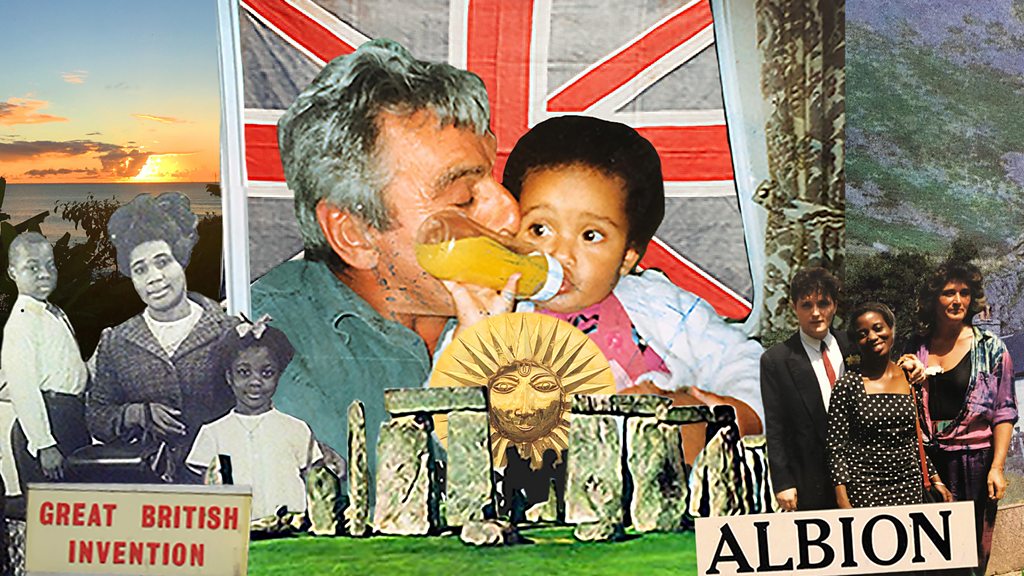
The symbols and stories of British folk culture should be welcoming to all - after all we are an Island built on millenia of migration and are the amalgamation of many influences.
Stephen Cracknell specifically formed the Memory Band as an ever evolving collection of musicians to come into and shape and in this way I think he has grasped the root of this question of what it means to reclaim an authentic culture.
“We can’t. There is no point at which a culture (or a band) is pure and uninfluenced - and to even try necessitates the exclusion of a group.”
Before we go looking back to pull wisdom and ways of being into the future I think it is important to establish this: that culture exists in the unique relationships and the connections - not as something that is taken on and off.
It’s also more fun to be playful with it! Last year during the August Bank holiday the Stroud Red Band hosted “Horns on Horns Road” - a parade to celebrate the 1000 year old fictional “Temple of Bacchus” that used to sit on that site.

It was fun and a bit surreal - I didn’t attend the 2022 one and I was not expecting something so out there.
They finished the parade at the Crown and Sceptre to mark their Outer Fringe Festival that weekend. It was campy, wild and inauthentic.
This did not decrease its value as a community event or ritual but in reality made it accessible and far more serving the connecting function of events like these than attempts to preserve culture perfectly behind glass.
Horns on Horns road is on again this year and will be every bit as weird and engaging as last year - so clear your diary for the 26th of August!
In the week after I left NeoAncients I reflected on my experience - and a different question continued to bother me.
When we take ourselves out of the system and imagine the world that we want - how are we meshing that with the worlds that already exist? Utopian projects are important, as are explorational projects and other alternative building practises or imaginings.
Having examples of what we want to build towards, and practise that shows us how is a vital part of this struggle. We all know that the master's tools will not dismantle the master's house - so we must spend time building new tools.
I know this - and yet there is still a part of me that struggles when alternatives are built in ways that shield us from others struggles - when the alternatives we build are not a call to action but a pacification.
Now, full disclosure, I am an activist and an organiser who spends most of my time trying to balance the spinning plates of building alternatives, challenging power structures and my personal life.
This question is one I ask myself almost every day. At what point do we return from our inspiring visions and knuckle down into the work it will take to bring it about?
These questions came up for me throughout the hour I spent in the cloying heat of Sunday afternoon talk “Time for Magic”, hosted by John Marchant, the owner of an art gallery in Brighton; Stephen Ellcock, a curator and collector of online images.

They were there to speak about their relationship with late artist Jamie Reid and their new book: “Time for Magic” that is a documentation of his work, framed through the druidic wheel of the year.
The work was heavily politicised - Jamie Reid has a huge body of work drawing from radical influences in his childhood and working with nature connection and anti-capitalist movements. But something felt discordant for me about this talk.
Now, this definitely could have been my completely alienness of the art world - and stepping in it for the first time is overwhelming. But what I come back to is that I felt like there was an aestheticization of radical politics going on here - in this room full of middle class creatives.
Capitalism maintains itself by co-opting the feelings and emotions associated with anti-capitalism, and right now what comes to mind is “punk” clothing made by transnational clothing companies in exploitative sweatshops.

Capitalism benefits when there is anti-capitalist catharsis that does not truly change things.
There is a lot of crisis in the world right now, capitalism is getting more ruthless and dangerous in its death throes, and we all need to be working hard to usher it out - not buying into it and letting it co-opt our emotions.
Time For Magick - Punk meets Druidry - celebrate @sexpistols designer Jamie Reid’s work with the first collection of since his untimely death last year at Subculture NeoAncients Stroud May 3-5. @JMGalleryUK Tickets: https://t.co/hMAalanYNQ pic.twitter.com/4S76PmqSag
— Pop/Up (@popup_stroud) April 5, 2024
TIME FOR MAGIC IS A BEAUTIFUL EXPLORATION INTO another world, and I want us to see the value in that. And I also hope that we are able to use it to inspire us to act in ways that will bring the current system to its knees.
I’m finishing up writing this article on a busy train between Cardiff and Swindon being hailed by a beautiful purple and pink sky as the sun drops below the horizon.
I’ve spent the day at the Cardiff University Palestine Solidarity encampment and I’ve learnt Palestinian folk resistance songs, held a workshop on the links between enclosure and colonisation and learnt so much from everyone I’ve had the privilege of spending the last two days with.
They are at the beginnings (and in the middle) of a cultural revival: their language is being learnt again after centuries of suppression by the English, Welsh spirituality is increasingly popular and the calls to devolve powers to the Welsh government are increasing.
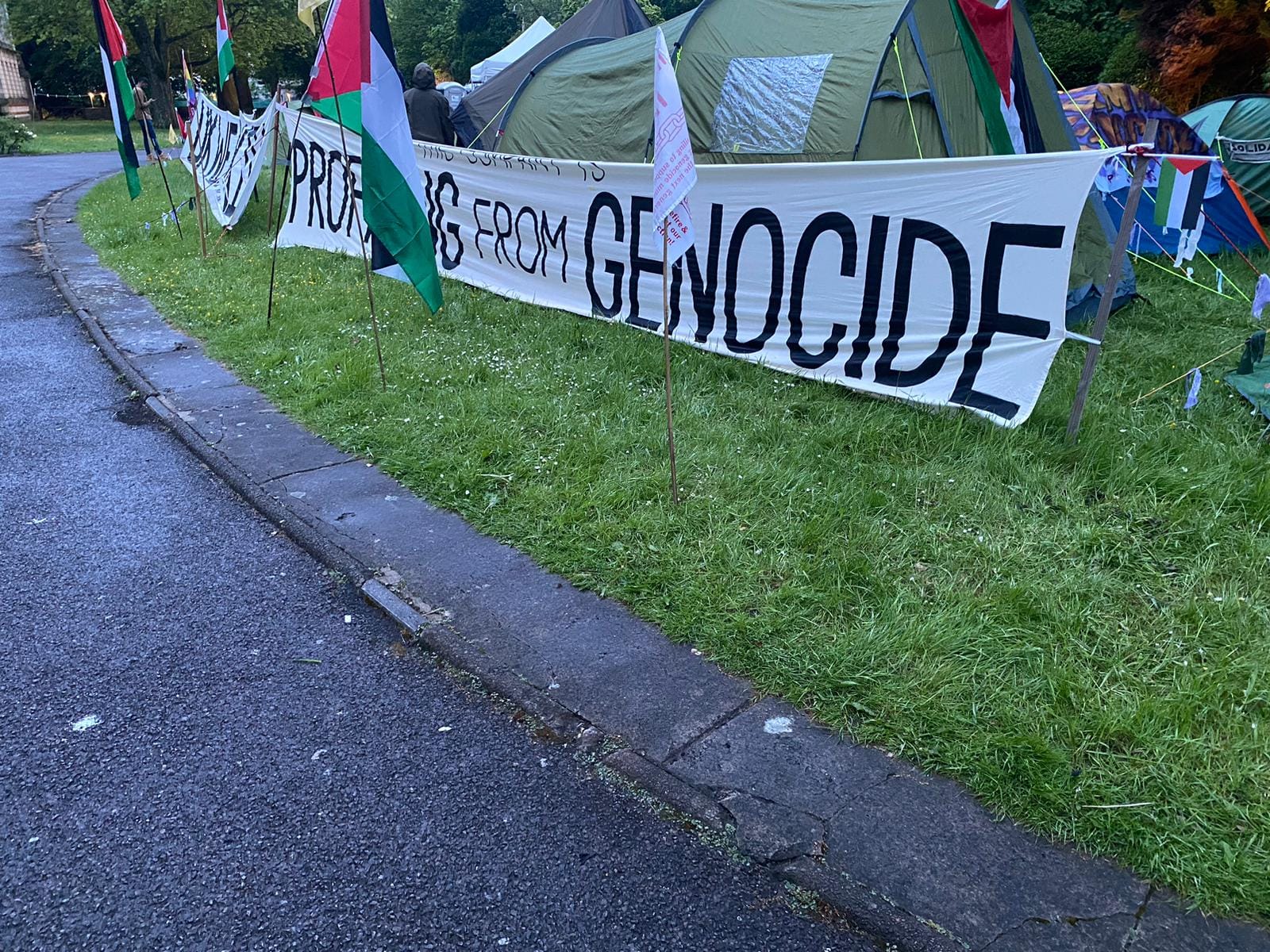
The Welsh are action-learning what it means to rediscover a culture, and Subculture: NeoAncients is an exploration of what that could look like in a more general sense.
To rediscover a past culture is a piece of work that must be done with awareness of the shadow, and with great joy. And we must know that it is not only a rediscovery, but an enlivening and an enchanting that is sorely needed in a world where we have been reduced to our capacity for work.
For an interview with the creators of the festival - see Emma Kernahan's article.
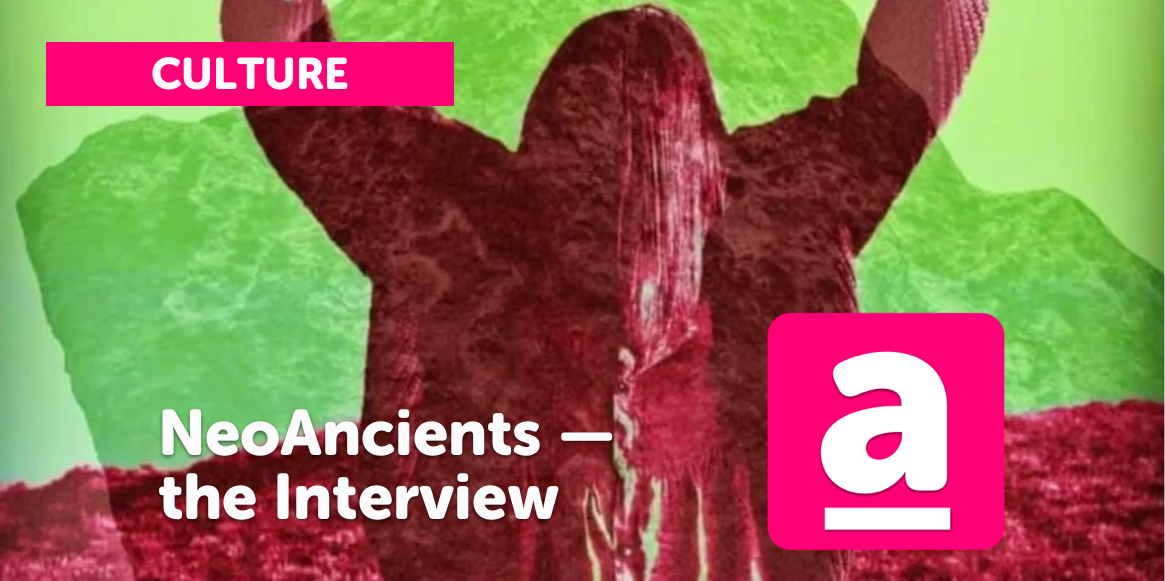
Roma Robinson is a member of the RYSE (Radical Youth Space for Educations).













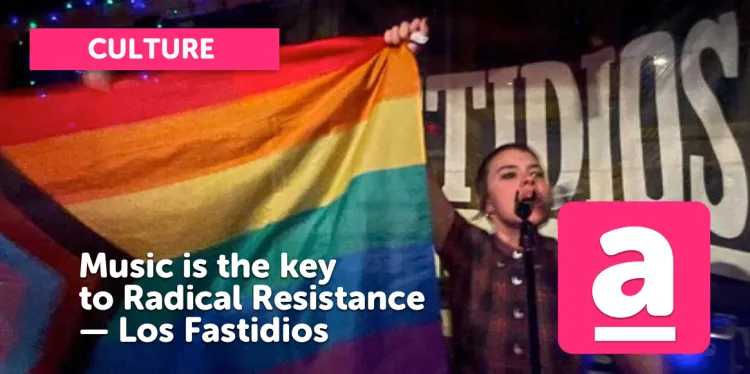
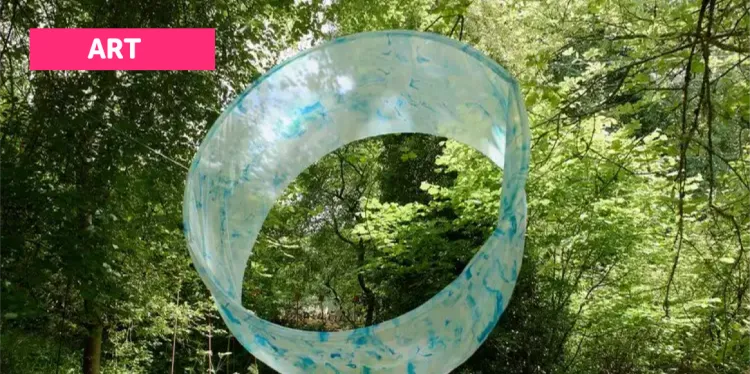
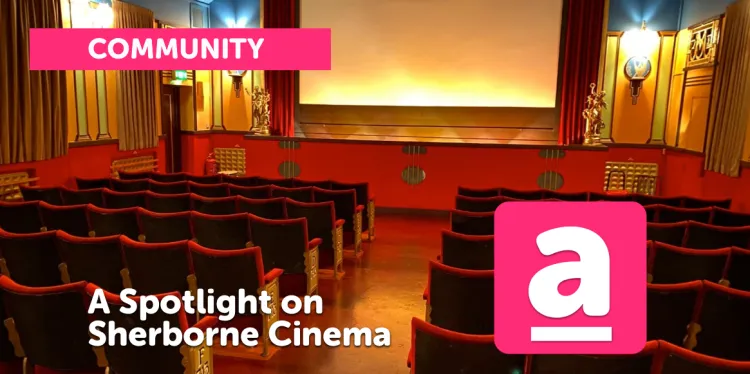
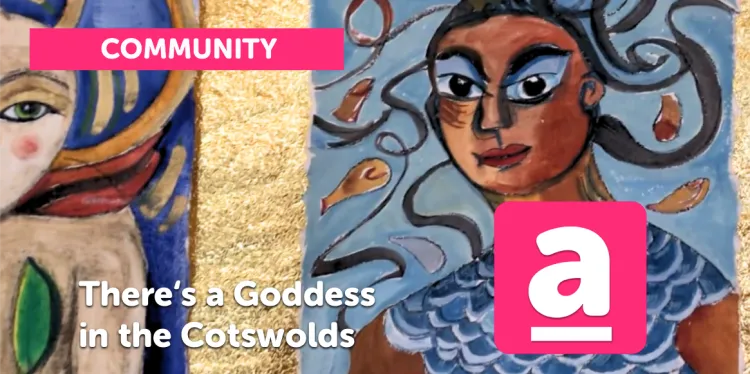
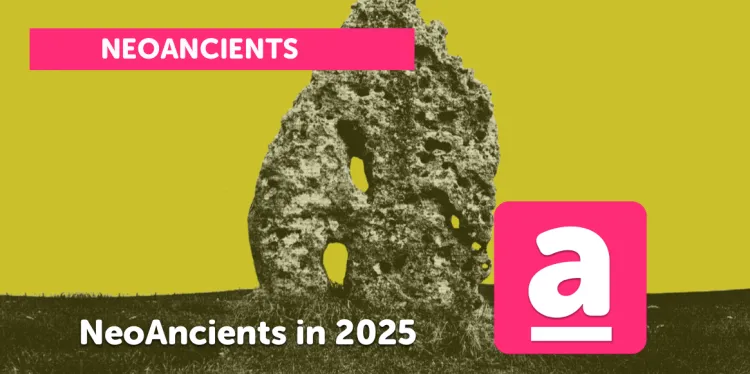
Member discussion